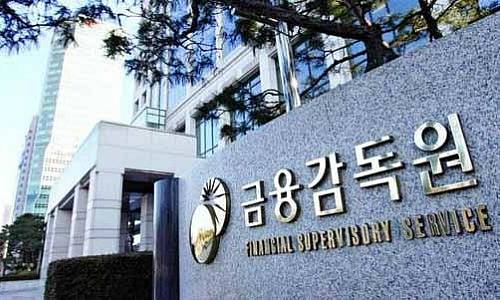The Korean mutual fund industry has been sluggish for years, but things may be looking up at last. An expected tax waiver on overseas equities funds, if implemented, could open the gates to asset flows.
The Korean Financial Supervisory Service (FSS) is moving to try to lift the industry. In October 2015, it said it would introduce new measures to boost retail mutual fund assets in the country.
In recent years, authorities in Korea have typically left mutual fund investors to their own devices. Now, it appears that the FSS is becoming more proactive.
Among several initiatives, it plans to introduce a set of new rules aimed at tightening controls over fund products sold to the elderly in order to protect their interests.
Capital Gains Tax Dropped
According to global analytics firm Cerulli Associates the most promising development is the planned tax exemption on overseas equities funds that is expected to come into effect beginning January 1, 2016.
The Ministry of Strategy and Finance announced in June that it would temporarily waive a 15.4% capital gains tax on newly launched fund products that invest more than 60% of their assets in overseas stocks with a 10-year fixed tenure. Then, in August, it said it would extend the tax waiver to existing funds if the investment is done through a special investment account.
Biggest Deterrents
«The tax burden has long been argued as one of the biggest deterrents to the sales of overseas-invested funds in Korea, and such funds are likely to interest investors if tax incentives are put in place,» says Shu Mei Chua, an associate director with Cerulli based in Singapore.
However, she cautioned the strong flows enjoyed by foreign managers during 2007 to 2008 when a similar tax-exemption scheme was introduced previously, quickly reversed when the tax waiver was removed.
Holding Back Planned Product Launches
Still, both foreign and domestic fund firms in the country are gearing up for the change, with the hope of drawing more investors into the market. Some managers have said that they are specifically holding back their planned product launches until the tax waiver kicks in.


























